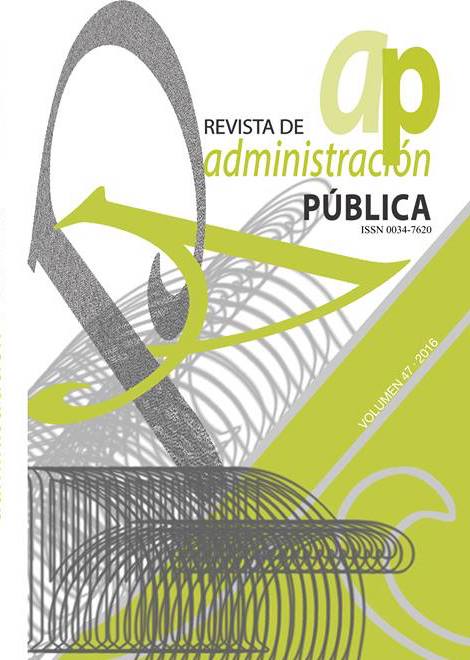Abstract
Mediation is the subject matter of this article. This legal institution is located in the Middle Ages, referring to the concept of "amigables componedores" or conciliators, used to refer to mediators. Mediation resolve conflicts comprehensively, including the resolution of evident legal aspect and the hidden social problem. Among other alternative methods of conflict resolution, mediation has proven to be an effective, fast and promotes better option solutions for social life. The secret of its effectiveness is that the parties are the protagonists of the process. Its practice confronts the traditional view of Spanish society that understands that the only viable way to resolve their disputes and access to justice is through litigation. This social conception of justice has varied to accommodate other methods of conflict resolution. The Law on Mediation in Civil and Commercial Affairs of Spain is discussed, along with two doctrinal thesis that emerged as a result of its approval. One that it believes that mediation is effective in itself. And another who understands that for court mediation to be effective should depend on the civil judicial process. The central argument of the article is that there is no war between judges and mediators, but the necessity to define what is the most appropriate method to address dispute resolution in a comprehensive manner. It is concluded that by strengthening the effectiveness of the mediation agreement will limit the autonomy of the parties at the stage of compliance, but such action does not vitiate the legal institution.Copyright Notice:
Authors assign their intellectual property rights (copyright) to the Journal of Public Administration, once the article is accepted for publication. As a RAP policy, the author will not receive payment for published articles.
Once published, the author may have a digital version of the article for the exclusive use and publication of his/her personal page, making reference to the RAP. In case of wishing to publish in other media, the author must have the prior authorization of the RAP Editorial Board.
This authorization is granted so that the Journal of Public Administration may disseminate to the academic and scientific community, both locally and internationally, all works submitted and catalogued as publishable. By granting copyright to RAP, authors agree to the educational use policy set forth in Section 107, Title 17, of the U.S. Code.

